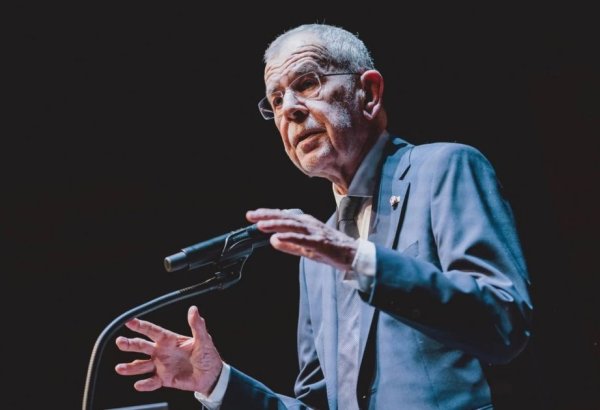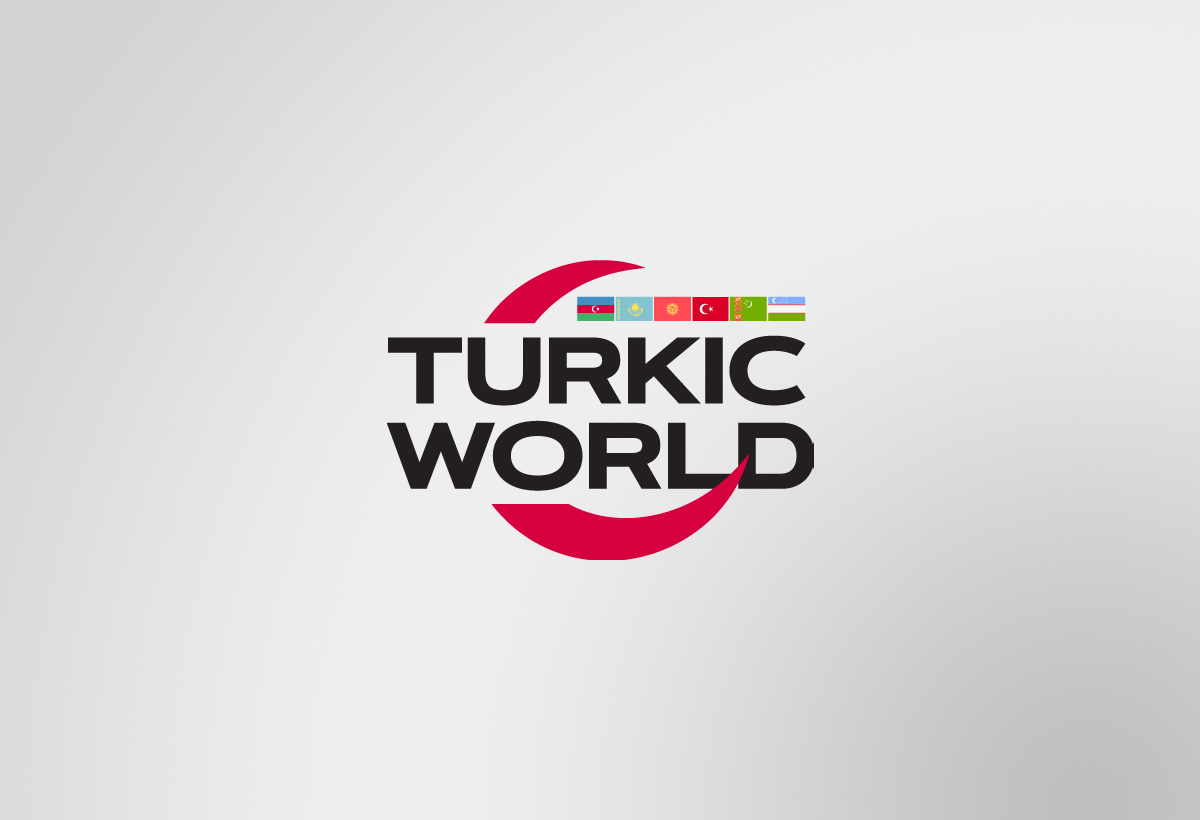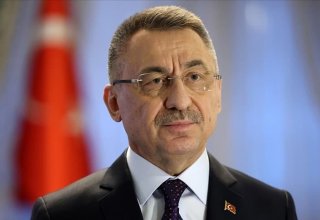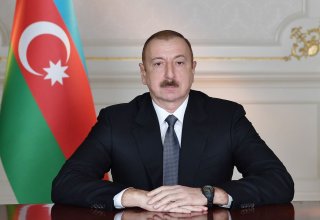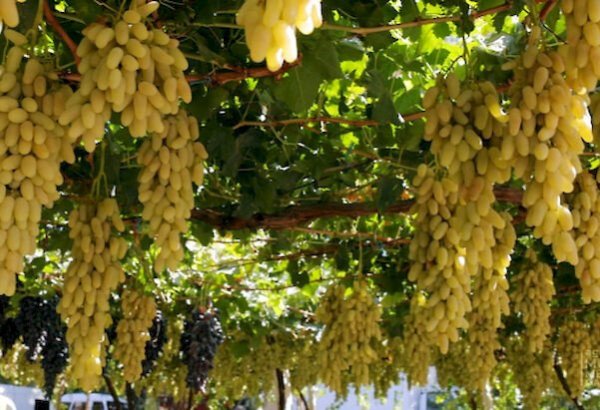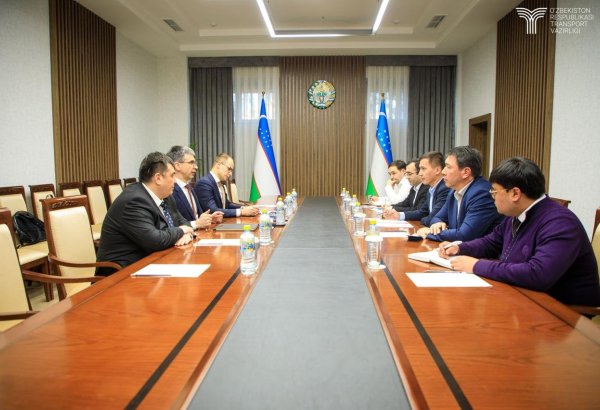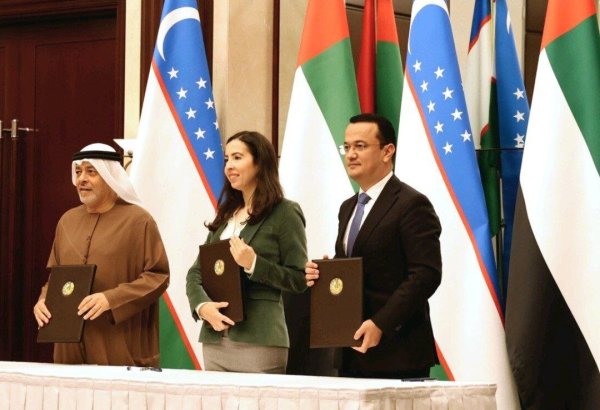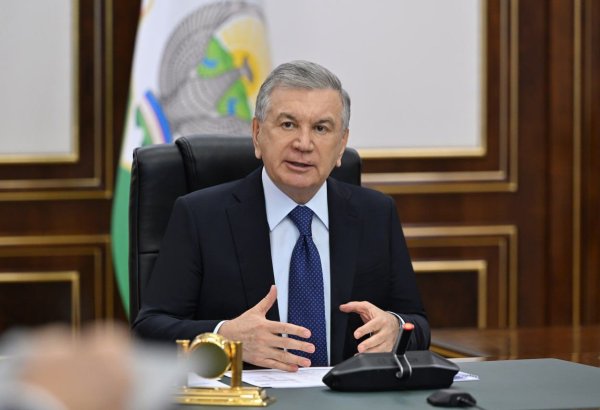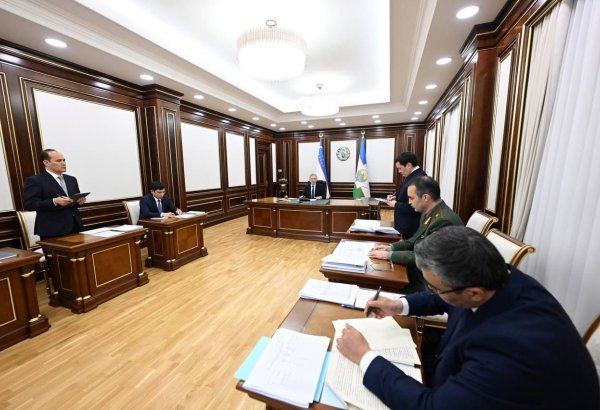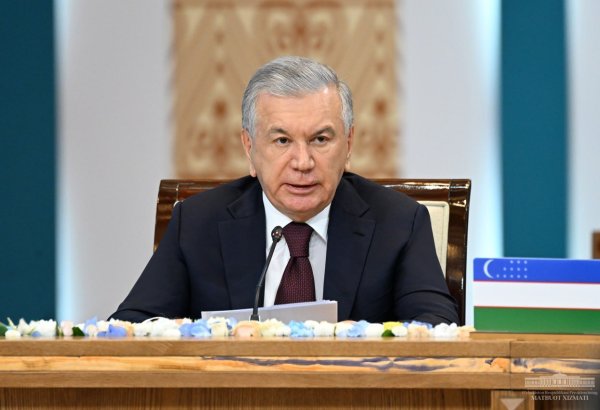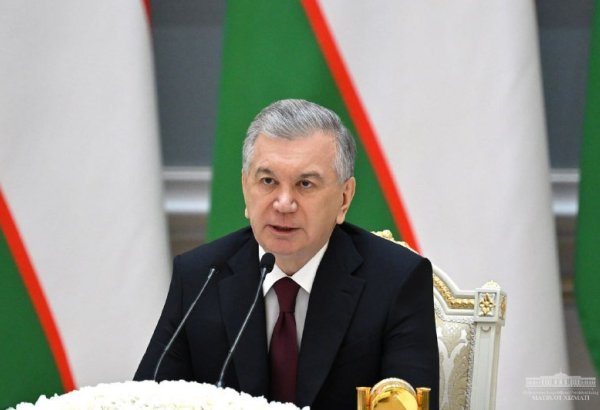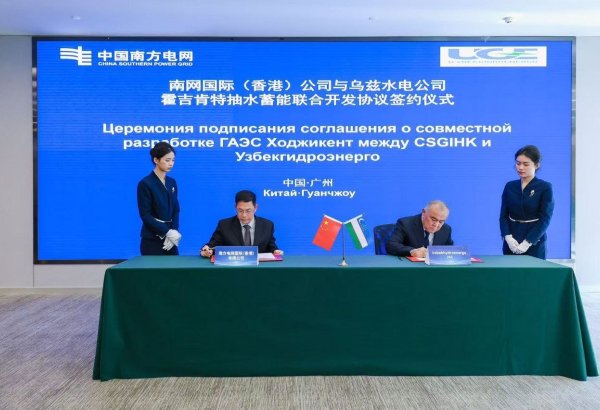Uza. At the initiative of the Academy of Arts of Uzbekistan, with the assistance of embassies and representative offices of foreign countries in Uzbekistan, ministries, and agencies of the country, the 4th Tashkent International Biennale of Applied Arts “Globalization and preservation of national traditions: choosing a path” will be held on October 16-20 in Tashkent.
A press conference dedicated to the goals and objectives of the biennale was held at the National Press Center of Uzbekistan.
The Chairman of the Academy of Arts of Uzbekistan Akmal Nuriddinov noted that the objectives of holding the Biennale of Applied Arts were defined in the resolution of the Head of state “On additional measures for the development and further improvement of the activities of the Academy of Arts of Uzbekistan” of August 16, 2017.
Contemporary Uzbek and foreign decorative art, national ceramics, gold embroidery, and jewelry will be presented as part of the international exhibition. Masterclasses, presentations, and an international scientific and practical conference will also be held.
Events within the framework of the biennale will be organized in the Central Exhibition Hall of the Academy of Arts of Uzbekistan, the Ikuo Hirayama International Caravanserai of Culture, the Tashkent House of Photography, the Museum of Oriental Miniature Arts named after Kamoliddin Bekhzod, as well as in the Gallery of Fine Arts of Uzbekistan.
This year, 30 masters from 12 countries will participate in the event, including Italy, France, India, Egypt, Japan, Lithuania, Russia, Azerbaijan, Kazakhstan, Kyrgyzstan, Tajikistan, and Turkmenistan. Uzbekistan will be represented by more than 60 masters of applied art.
The motto of the 4th Tashkent International Biennale of Applied Arts “Globalization and preservation of national traditions: choosing a path” suggests considering the problem of preserving the originality of applied art and overcoming the accelerating unification of traditions in the context of active globalization of the economy and the dominance of mass culture.
At the same time, it is essential to understand that preserving traditions does not mean copying or preserving examples of the past. Still, it is the basis for their creative interpretation and innovative development.
Considering the fact that the unification process is primarily related to the level of conservation of resources of traditional crafts in different regions of the world, the Tashkent Biennale will be an open and tolerant platform for artisans from different regions.
The organizers hope that the entire range of trends in contemporary applied art will be widely represented in the exhibition halls of Tashkent, which will allow one to see a vast panorama of creative searches and solutions of masters from different countries and regions.
Considering the vital role of the economic factor in the development of contemporary applied art, the biennale program includes an international scientific and practical conference on “Panorama of applied art: traditions and the art market”.










